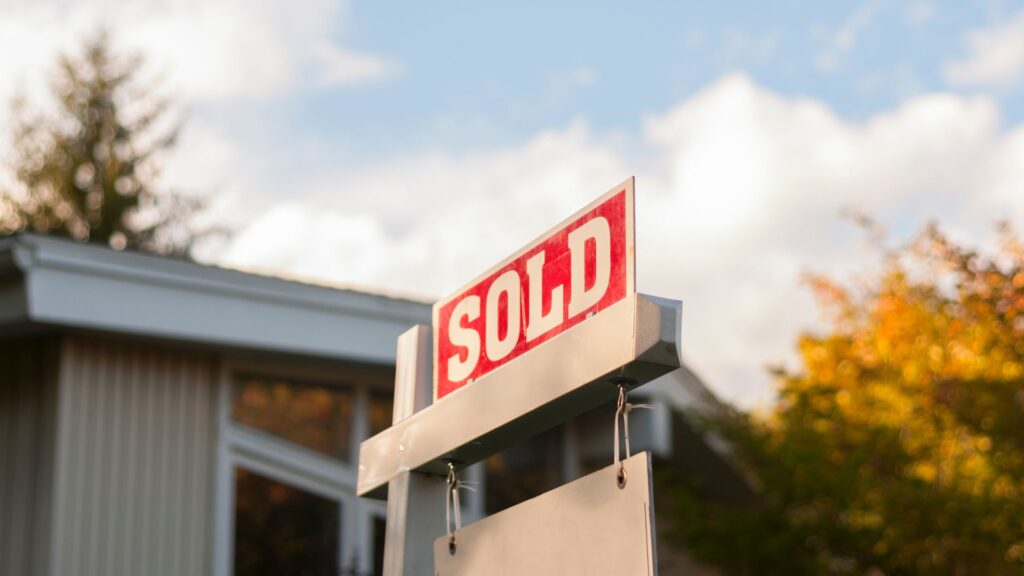The Pros and Cons of Buying vs. Renting

Navigating the choice between renting a home and becoming a homeowner can prove to be a complex decision. It entails a multitude of factors, all intertwined with your unique circumstances. However, we are here to assist you in simplifying this formidable decision-making process. Join us as we delve into a comprehensive list of the advantages and disadvantages of homeownership versus renting.

Renting – Pros
Flexibility
Renting provides considerable flexibility by allowing for easy geographic mobility, adapting to changing life circumstances, and mitigating financial risks. It’s an ideal option for those who need to move frequently, want to test different areas before committing long-term, or are uncertain about their future housing needs, as it doesn’t require a substantial down payment and offers the freedom to change locations without the responsibilities of property maintenance.
Lower Initial Costs
Renting is appealing for its lower initial costs, as it typically involves minimal upfront expenses compared to buying a home. Renters are not burdened by the substantial down payment required for homeownership, and they often encounter lower closing costs. Additionally, property maintenance and repairs are typically the responsibility of the landlord, reducing the financial burden of unexpected housing-related expenses.
Amenities and Services
Renting offers the advantage of access to various amenities and services. Many rental properties, especially in apartment complexes, provide residents with a range of on-site amenities such as fitness centers, pools, communal spaces, and 24/7 maintenance services. These additional perks can enhance the quality of life and convenience for renters without the need for additional costs.
Renting – Cons:
Limited Control
As a tenant, you must seek your landlord’s approval for significant modifications or renovations, limiting your ability to personalize or improve the space to your preferences. Decisions about the property, such as structural changes or landscaping, typically remain with the property owner. This reduced control can be frustrating for individuals who desire the freedom to make substantial changes to their living space or property.
No Equity Building
Unlike homeowners, renters do not accumulate ownership in the property. Monthly rent payments do not contribute to building equity, which means renters miss out on potential property appreciation and the long-term financial benefits of home ownership.
Rent Increases
Landlords have the authority to raise the rent when lease terms expire, which can lead to rising housing costs. These increases may pose challenges for budgeting and saving for the future, as renters might face uncertainty regarding future rent amounts. This unpredictability in housing expenses can make it more challenging to plan for financial stability
Buying – Pros:
Equity Building
When you purchase a home, your mortgage payments contribute to paying down the principal balance, allowing you to accumulate equity over time. As the equity in your home grows, you can access it through various means, such as refinancing or selling the property, to fund major expenses, investments, or even a more comfortable retirement. Furthermore, as property values typically appreciate over the years, your home can become a valuable long-term asset, potentially providing both a place to live and a source of wealth and financial security for the future.
Stability and Ownership
When you purchase a home, you gain control over your living space and the freedom to make modifications, whether for personal comfort or investment. This stability means you won’t face the uncertainty of lease terminations or sudden rent increases. Owning a home typically represents a long-term commitment, allowing you to establish deep roots in a community, provide stability for your family, and personalize your space to reflect your lifestyle.
Tax Benefits
One of the significant homeowner perks is the ability to deduct mortgage interest and property taxes from your taxable income, reducing your overall tax liability. These deductions can result in substantial savings, especially in the early years of homeownership when interest payments are higher. Additionally, for those who meet certain criteria, there’s the opportunity to exclude a portion of the capital gains when selling your primary residence from taxation. These tax benefits can help make home ownership more affordable and attractive.
Buying – Cons:
High Initial Costs
High initial costs are a notable downside of buying a home. This includes the substantial down payment and various closing costs, which can be financially demanding and present a barrier to entry for many potential buyers, particularly first-time homeowners. It’s imperative to plan and save diligently to address these upfront expenses when considering homeownership.
Responsibility for Maintenance
Homeownership entails the responsibility for property maintenance and repairs, which can be financially burdensome and time-consuming. Unlike renters, homeowners must budget for ongoing upkeep and address unforeseen expenses, which can add to the overall cost and effort of owning a home.
Less Flexibility
Homeownership can limit flexibility as selling a property can be time-consuming and market-dependent. This may pose challenges for those with changing life circumstances, like job relocations, and can restrict access to home equity, making it less adaptable compared to renting.

Making the choice between buying and renting is a pivotal decision in your housing journey. As a trusted real estate advisor, we understand the importance of this choice and aim to assist you in making an informed decision. Our comprehensive list of pros and cons is designed to provide you with valuable insights, guiding you through this significant crossroad.
Back to Blog




